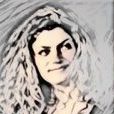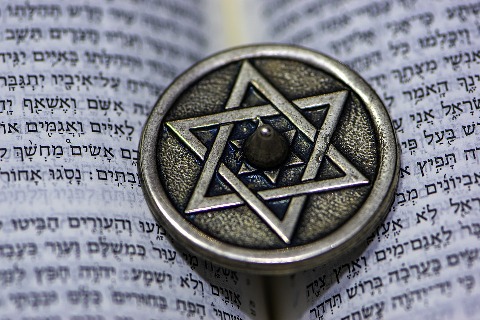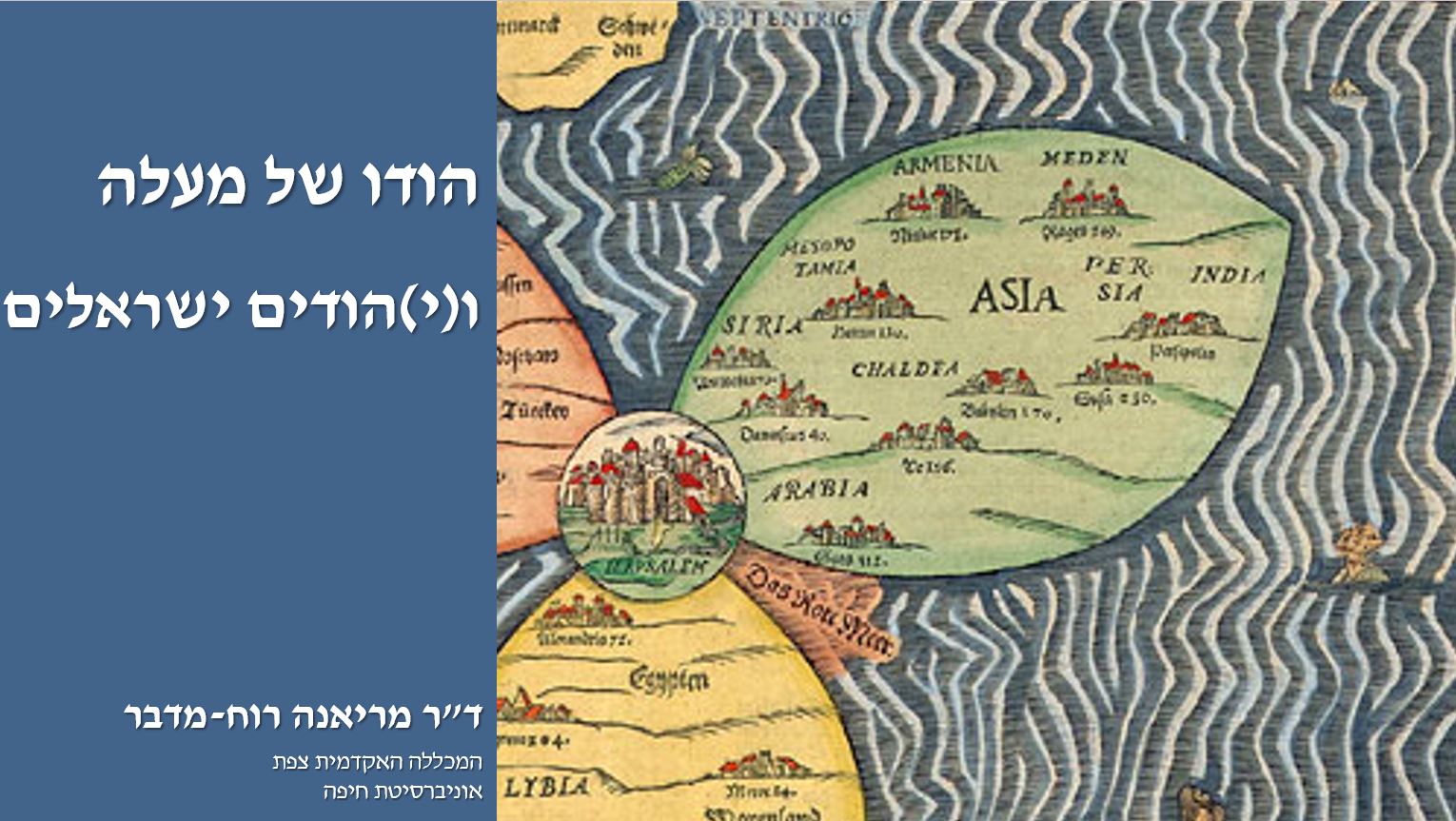Article: Thank God for India – A Look at Jewish Israelis in Light of the Easternization of the West Thesis
This article examines the special contribution of the journet to the orient to the Jewish identity and relation to religion of Israeli backpackers. It includes the "easternization of the west" thesis and a variety of criticisms on the thesis is surveyed. These criticisms serve in turn to the analysis of processes that the Jewish Israeli identity undergo, following the meeting place with religions in India (and more generally, Far east). Ithaka gave you the marvelous journey. Without her you wouldn't have set out. She has nothing left to give you now. And if you find her poor, Ithaka won’t have fooled you. Wise as you will have become, so full of experience, you’ll have understood by then what these Ithakas mean. (Ending lines of the poem "The City", C. P. Cavafy)










